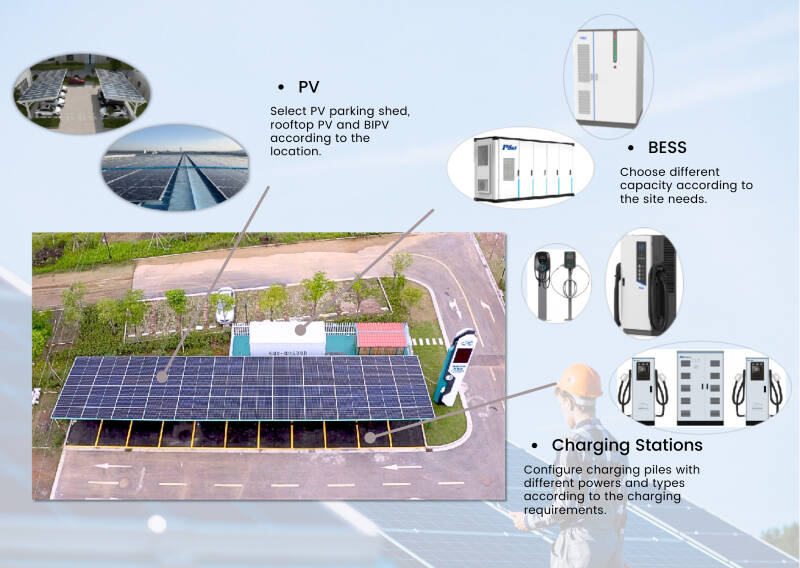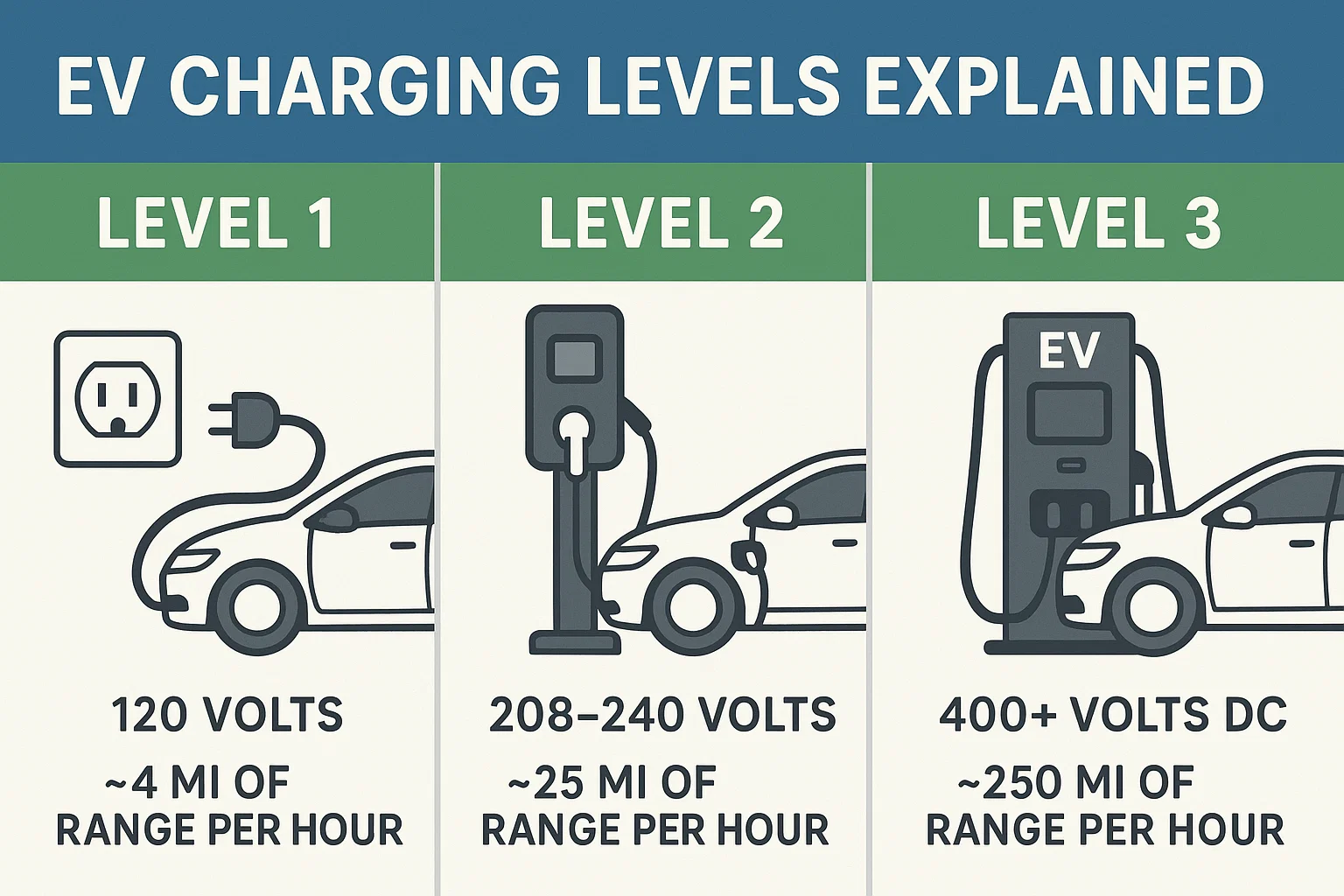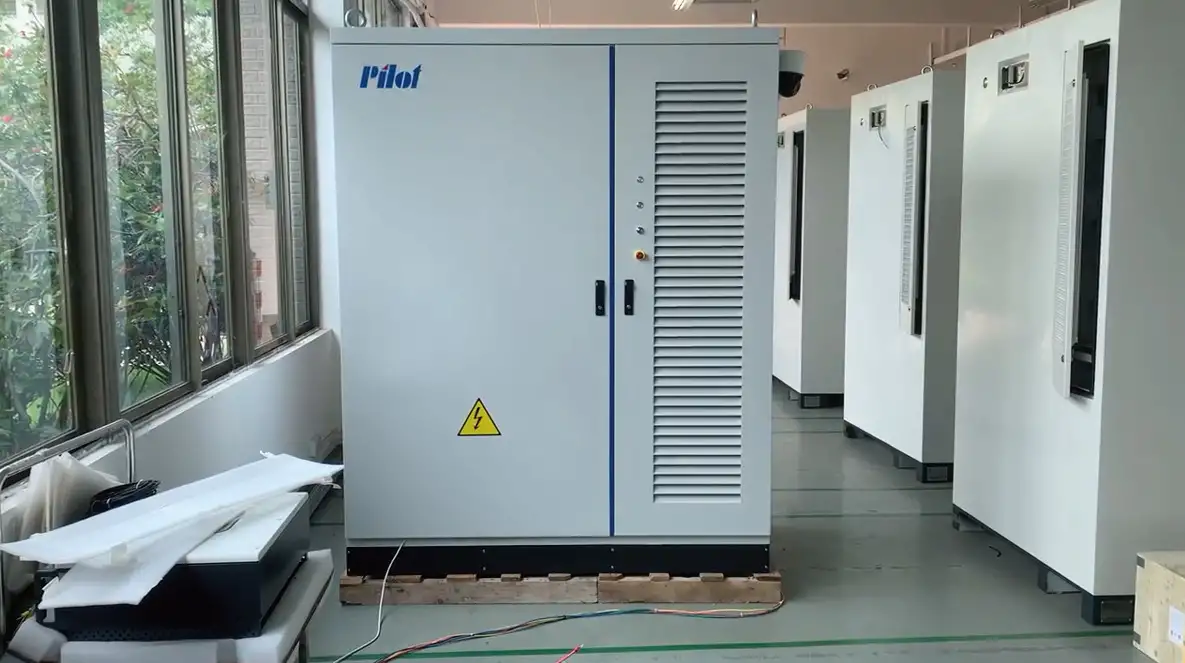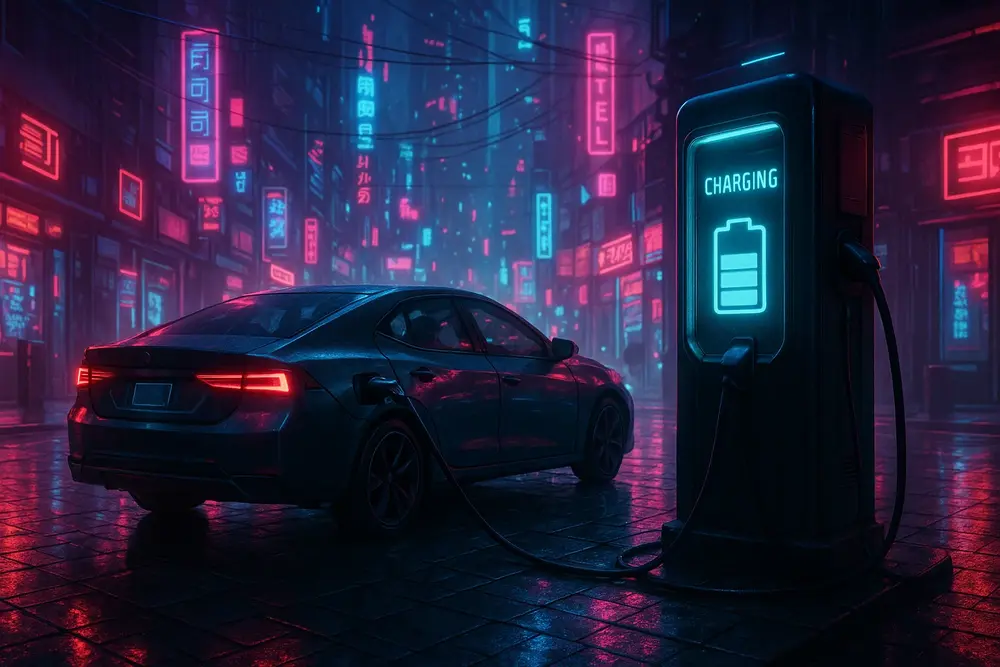
Products
Fast, Reliable, Everywhere

Solutions
Efficient, Innovative EV Charging Solutions.
News
We are committed to the innovation and application of EV charging.
While solar energy offers an abundant, clean, and free source of electricity, its intermittent nature—limited to daylight hours—presents a challenge. This is where battery storage becomes a transformative addition to your home EV charging setup.
Battery storage systems allow homeowners to capture surplus solar energy during the day and store it for use at night or during peak demand periods. This not only ensures that your electric vehicle (EV) can be charged whenever needed but can also enhance overall household energy independence and reduce utility bills by up to 30%.

Solar battery storage refers to a system that captures and stores energy generated by your solar panels. These systems make it possible to use solar electricity around the clock, regardless of sunlight availability. For EV owners who typically charge vehicles overnight, battery storage ensures that free, renewable electricity is always accessible—even after sunset.
Without battery storage, excess solar power not used during the day is typically exported back to the grid, making it unavailable for nighttime charging. Solar-plus-storage systems solve this by retaining energy on-site for later use.
There are two main configurations:
Most homeowners opt for lithium-ion due to its long-term reliability and lower cost per kWh over time.
To determine your battery needs:
For example, if your household uses 2,700 kWh annually and your solar array generates 2,000 kWh/year, storing and using all of that energy could save you up to $680/year (at $0.34/kWh).
Many governments offer rebates, tax credits, or 0% VAT on systems, further improving affordability.
For homeowners with solar EV charging systems, battery storage offers significant benefits in flexibility, cost savings, and sustainability. While the upfront cost can be high, long-term savings, government incentives, and environmental impact make battery storage a smart investment.
If you charge your EV overnight, live in areas with high electricity rates, or value energy independence, adding battery storage to your home solar setup is a worthwhile consideration.




